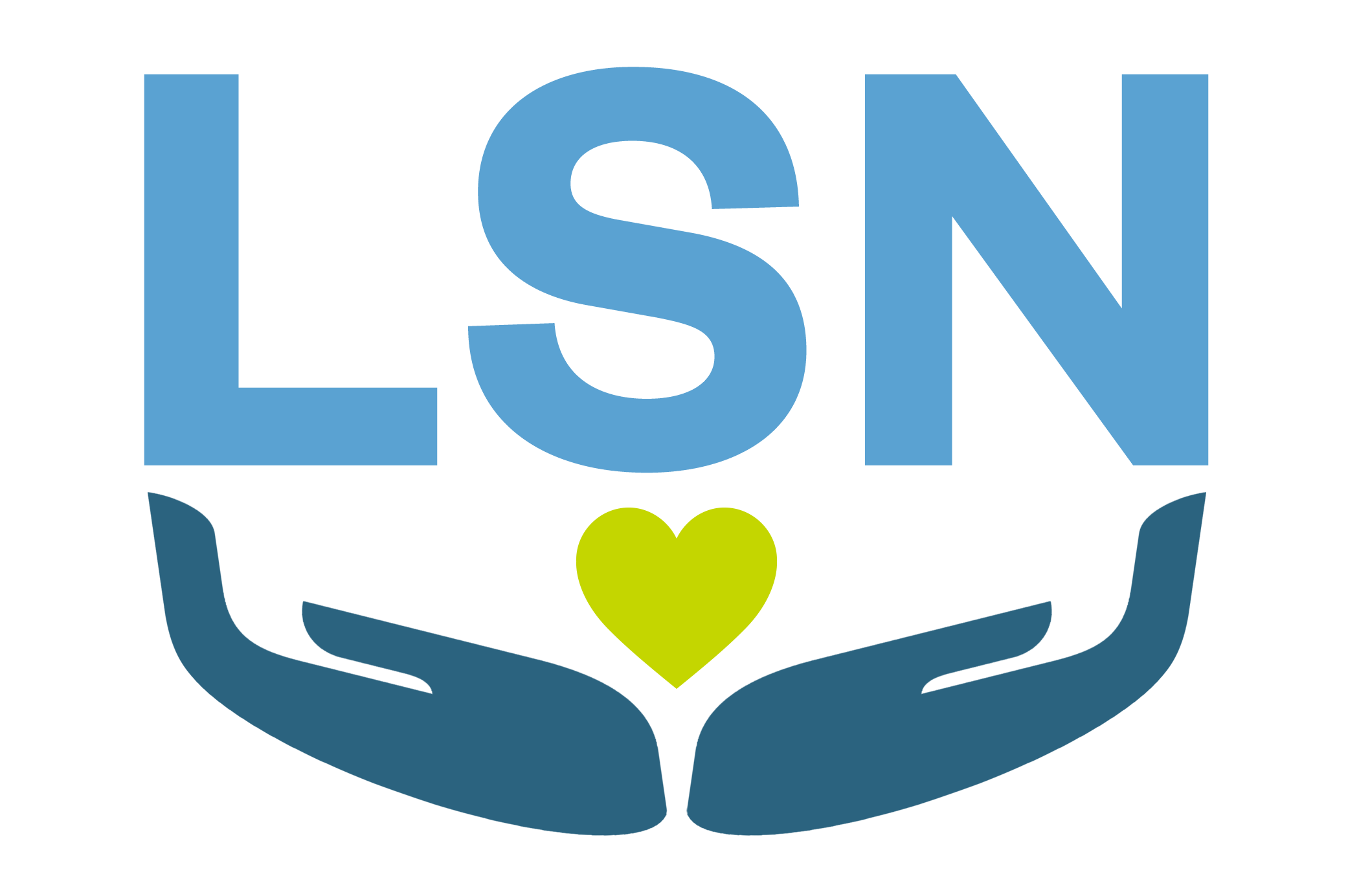Overcoming Imposter Syndrome

Have you ever felt like you don’t deserve your accomplishments? That you’re in over your head and someone might notice? If so, you’re not alone. The tendency to underestimate our own abilities and attribute our success to luck or external factors instead of our own merit is called “imposter syndrome.” Imposter syndrome is a very common experience for students, especially on college campuses where we are surrounded by high expectations. Although many of us have likely experienced feelings of self-doubt at one point or another, the good news is that there are ways to acknowledge and overcome these feelings:
Celebrate your Achievements
- Focus on Your Strengths: Take time to consider what you’re good at doing, the skills you have, and the experiences that have shaped you. Write them down! Look at them when you start to feel like an imposter.
- Collect Positive Reminders: Many of us shrug away compliments and hold onto criticism. Soak in the praise. Revisit positive feedback. Make yourself a “smile file” of nice notes from people you love or good comments from professors and read through them when you’re feeling down.
- Set Realistic Goals: Break down your goals into manageable steps and celebrate your successes along the way.
- Talk About It: Share your feelings with a friend, family member, or counselor. You might be surprised that others have felt the same way and can offer support and encouragement.
Reframe Your Perspective
- Think Differently: Challenge negative self-talk by reframing imperfections and finding the good in what you do, even if you don't believe it initially.
- Visualize Success: Mentally rehearse challenging situations and visualize yourself overcoming obstacles to build your confidence and resilience.
Provide Support to Others
- Normalize Imposter Feelings: Share the fact that imposter syndrome is common and experienced by many successful individuals to help reduce feelings of isolation and shame.
- Provide Encouraging Reminders: Sometimes, it can be easy to overlook our accomplishments with imposter syndrome. Remind others of their value and accomplishments when they are experiencing moments of self-doubt.
- Encourage Personal Sharing: Create a safe space for discussion and encourage yourself and people you know to both acknowledge experiences with imposter syndrome and share ways to overcome self-doubt.
Remember, no one is perfect. We all make mistakes, experience failures, and have moments of self-doubt. Although this self-doubt can feel overwhelming, it’s important to acknowledge your feelings and reflect on your strengths and accomplishments. And at the end of the day, remember:
- You did so many things that got you to Carolina.
- You know how to do difficult things.
- You belong here.

